MORNING COURSES
WORLD ECONOMICS
In this course, students will apply fundamental economic concepts, such as scarcity, wealth, productivity, trade-offs, and markets, to learn how our economic behavior influences, and is influenced by, a globalized, interconnected world. Students will be encouraged to research and reflect upon how these concepts are understood in their own countries and to share their knowledge with their classmates.
LANGUAGE & LITERATURE
Through class discussions and personal reflections, students will critically analyze a range of fiction (such as novels, short stories, and/or poetry), investigating its original social, cultural, and historical contexts; they will then be encouraged to consider how their own cultures and life experiences affect how they interpret a text. This course introduces concepts through lectures, texts, and activities that lead toward successful completion of a final course project.
LAW, ETHICS & SOCIETY
How do we decide between right and wrong? Why do we need laws? What are our rights and obligations as citizens? This course challenges students to take on some of society’s toughest questions. Through case studies, group projects, guest speakers and field trips, students will learn the basic principles behind the Canadian legal system, exploring how it compares to their own.
This course introduces concepts through lectures, texts, and activities that lead toward successful completion of a final course project.
AFTERNOON COURSES
FILM & CINEMA STUDIES
This course will explore how film communicates beyond words. Topics covered include genre traditions (sci-fi, horror, documentary, etc.), production techniques, and principles of visual composition. During in-class screenings and discussions, students will analyze the many ways in which filmmakers convey stories, ideas, emotions, and biases. For their major project, they will have the opportunity to try out some of these strategies for themselves.
CRITICAL THINKING IN STATISTICS
In this course, students will learn the fundamentals of mathematical statistics and data analysis, critically examining how statistical data is collected and used to model reality. Through individual work, class discussions, and group projects, students will also apply their analytical skills to explore cognitive bias, game theory, and decision-making.
SOCIAL PSYCHOLOGY IN ACTION
In this course, we will explore both intra- and inter-personal topics within social psychology, in order to better understand concepts like social perception, attitudes, group processes, relationships, and research design. This course introduces concepts through lectures, texts, and participation tasks that lead toward successful completion of a final course project involving small-scale research.
GLOBAL CITIZENSHIP PROGRAM
During the program, students will be immersed in an interactive learning experience to explore, develop, and build global citizenship. Students will spend the program at the university campus in the heart of downtown Toronto, developing the necessary skills to create a more peaceful, connected, and inclusive world.
By bringing together talented high school students from all around the world, the GCP will expose you to new ways of thinking and understanding. What’s special about our program is that you don’t stop there: together with a team of students, you will create a potential solution to the Global Challenge, your final project, using that thinking and understanding to make a difference in the world.
Working within a Global Citizenship Educational framework, in particular the United Nations Sustainable Development Goals, participants use design thinking to explore and generate solutions to a complex problem affecting our global community. You’ll also participate in off-campus team-building and cultural excursions and guest lectures from UofT professors. At the end of the session, you and your team will present your solution to the Global Challenge to an audience of students, instructors, counsellors and UofT professors.
We will explore elements of Global Citizenship as they relate to Food Insecurity or Climate Action, such as the root causes of this problem, the people who are affected the most, and possible solutions employed by various societies and organisations. To do this, we will also learn to conduct academic research, participate in class discussions, work together on group projects, create and deliver informative and effective presentations and develop speaking skills. Complementing coursework, your workshops will be opportunities to apply concepts and bring experiences into your work.
EVALUATION & CERTIFICATE
At the end of the program, students receive a personalized evaluation and those who successfully complete the course are awarded a certificate of course completion from University of Toronto, New College. Please note that the GCP is an enrichment program and does not provide advanced standing or credit for university courses.






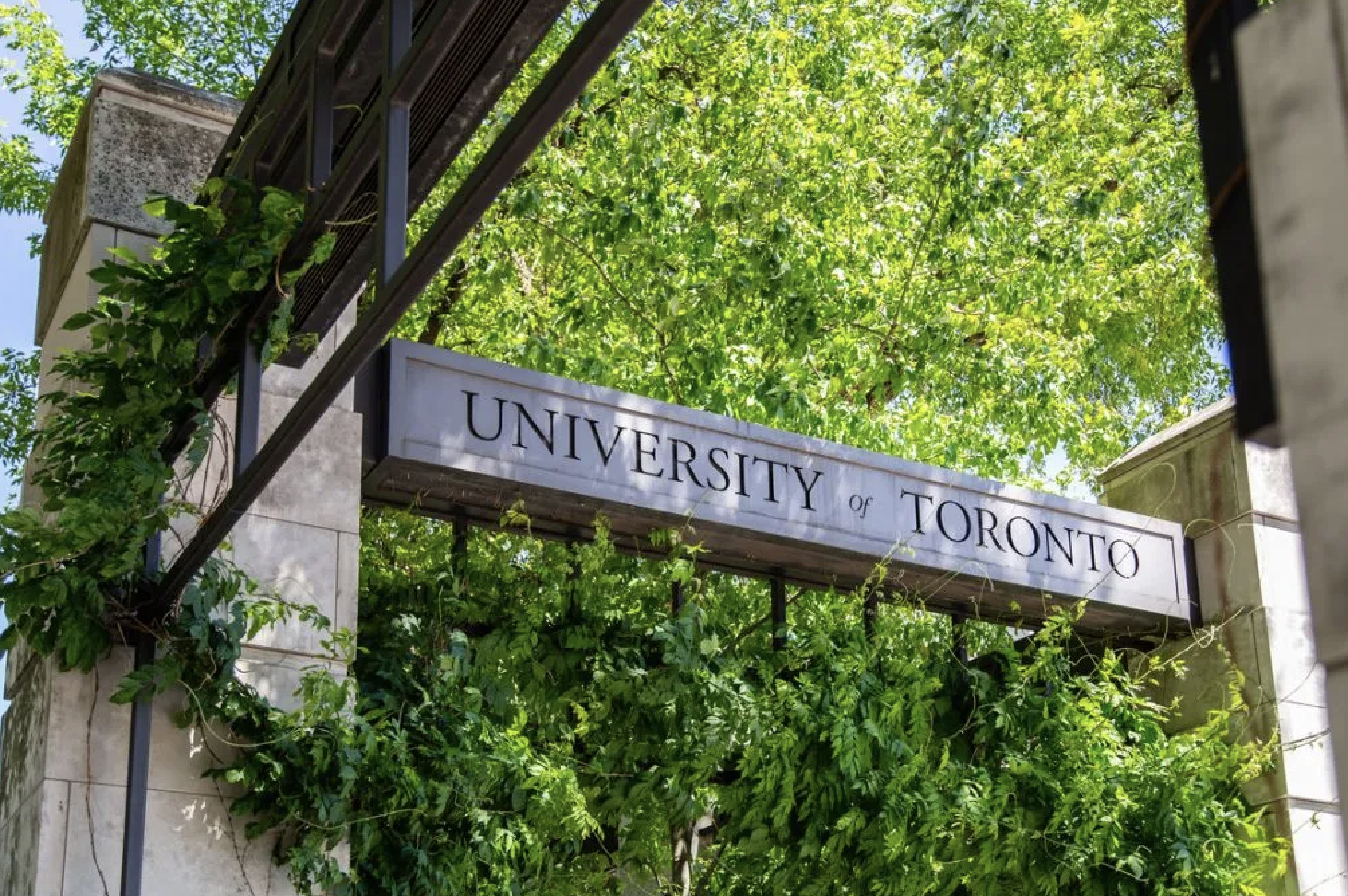
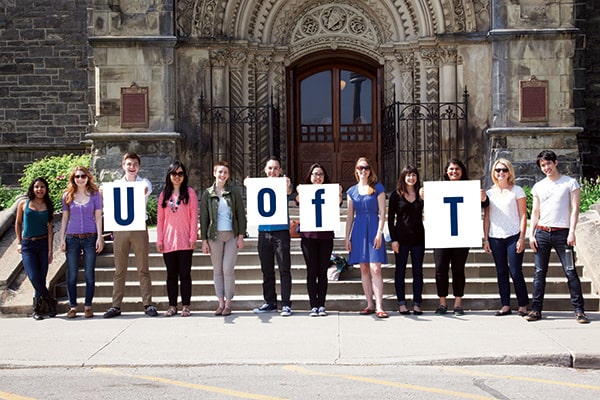
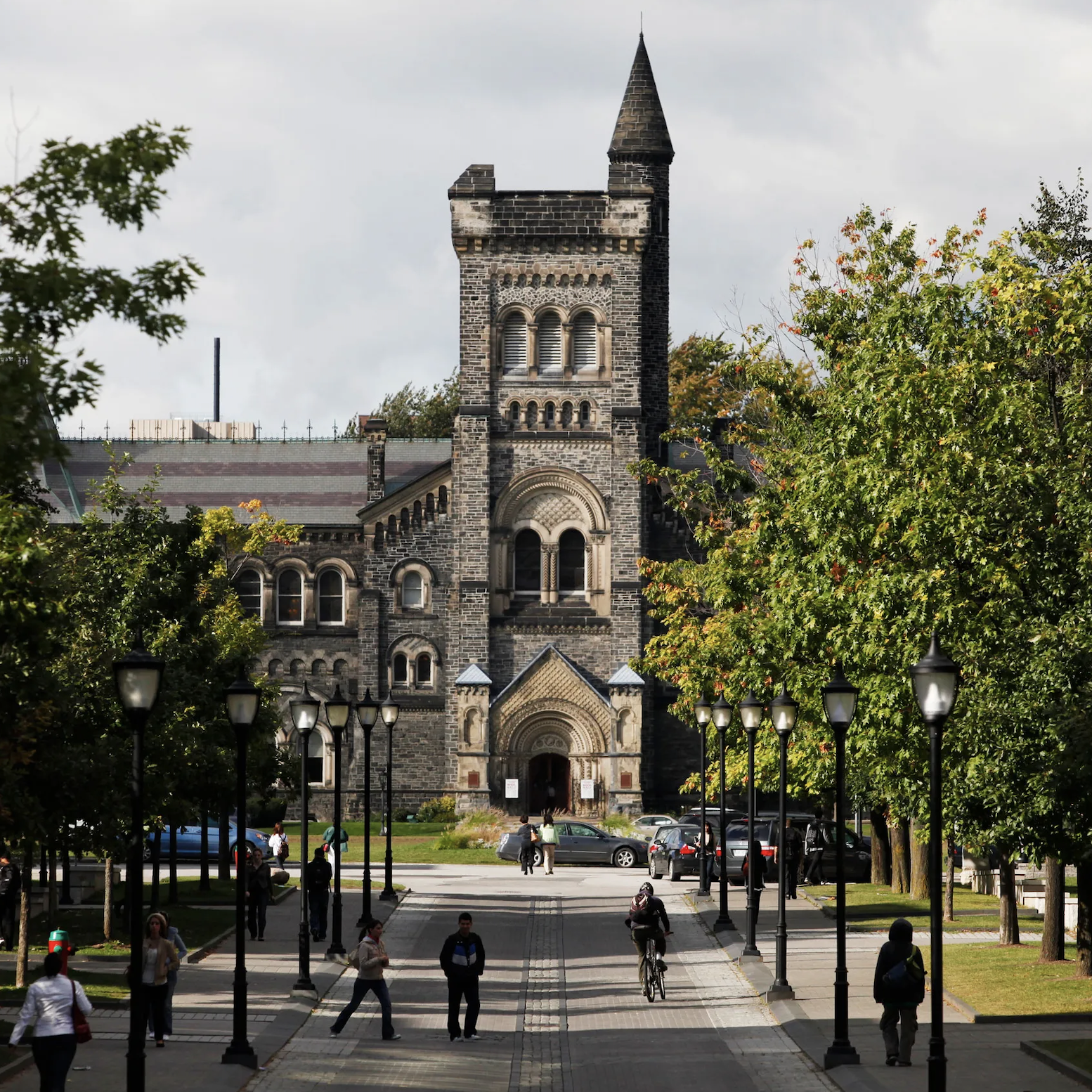
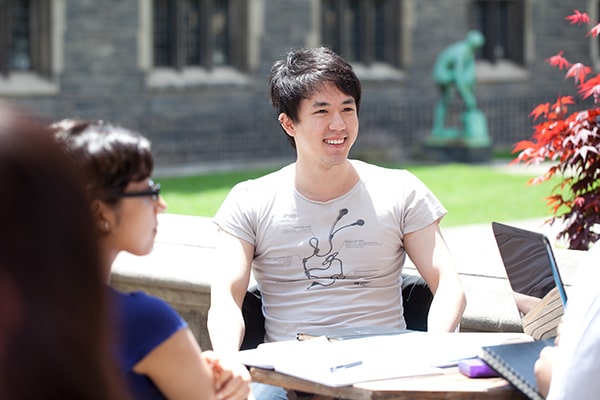
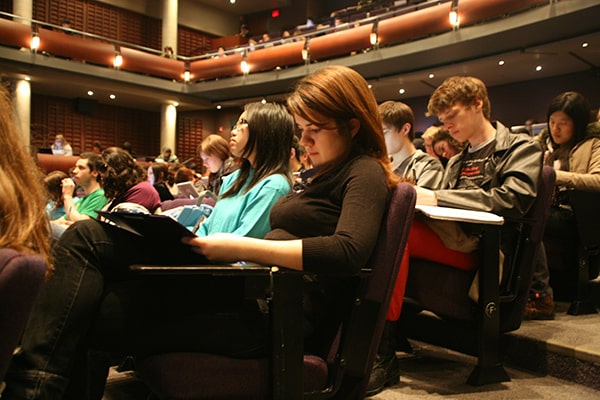
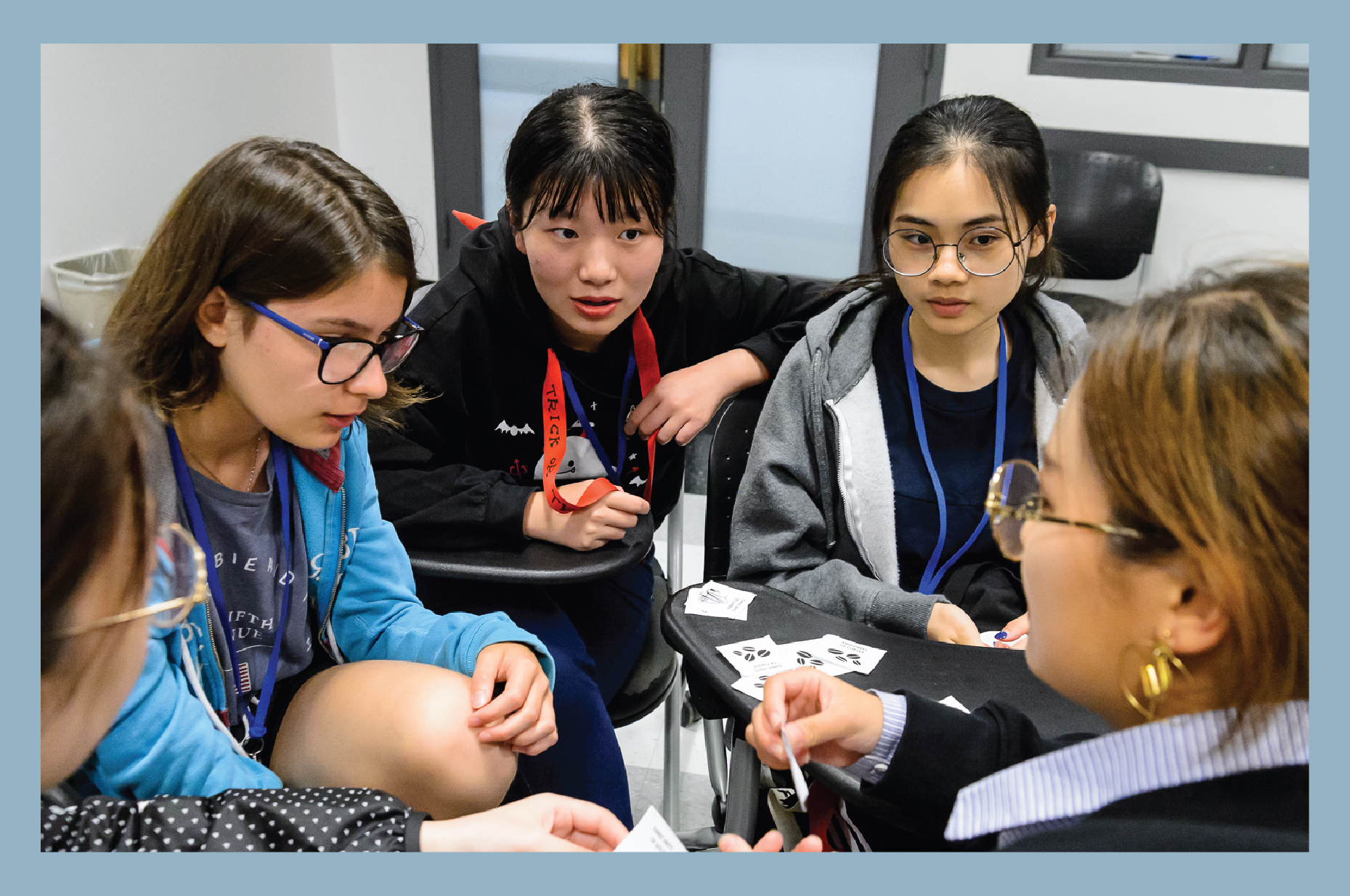

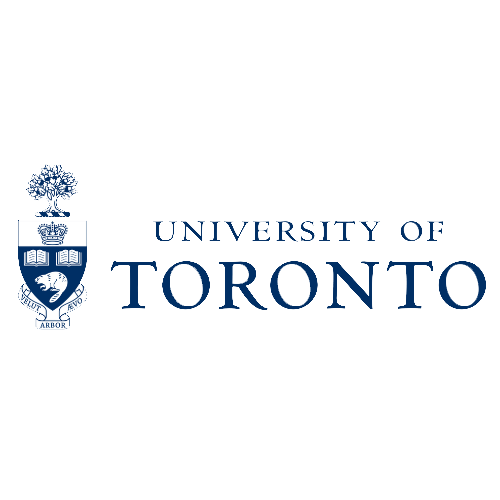


 English Test
English Test  Online Application From
Online Application From  Application Fee
Application Fee  Parent/Guardian Consent
Parent/Guardian Consent 






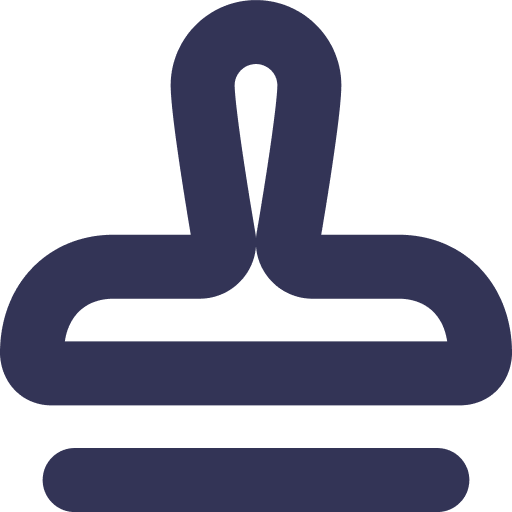 Credit
Credit
 Non-credit
Non-credit
 Residential
Residential
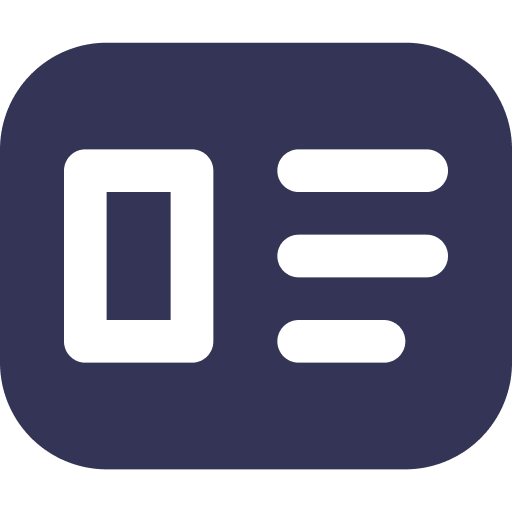 Accepts International Students
Accepts International Students
 3 weeks
3 weeks

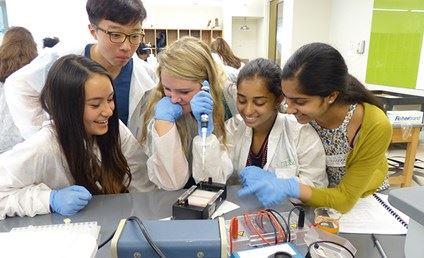
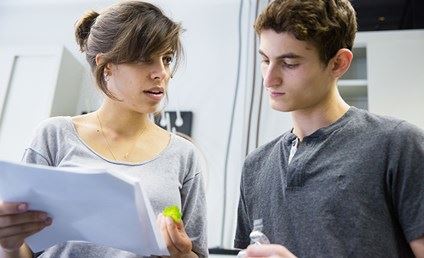

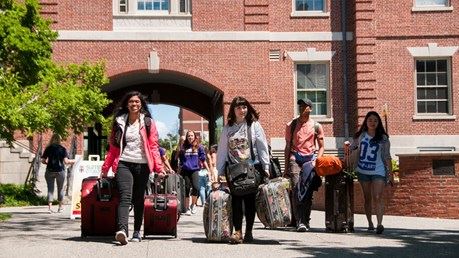
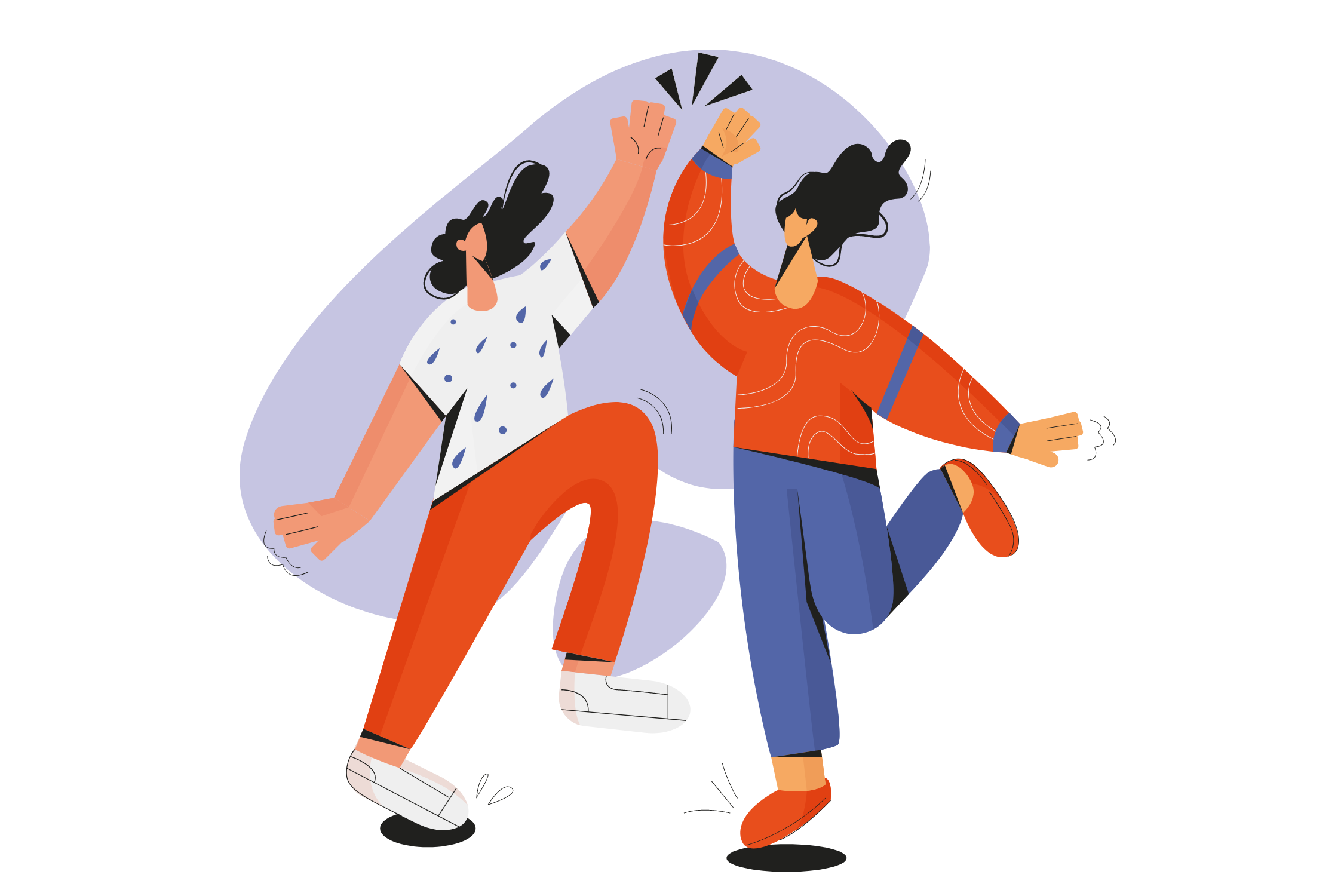
Tell us your
opinion about us